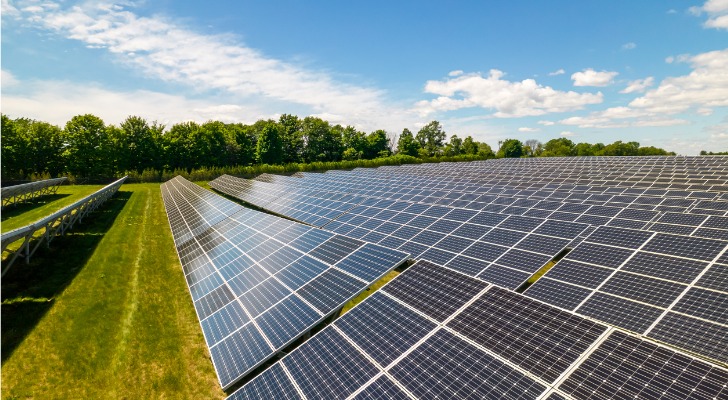

The global transition to clean energy requires industry-specific education and skills. In the last five years, the demand for green skills and workers in the field has been rising exponentially and renewable energy industries have created millions of new jobs. However, according to the World Economic Forum, despite the employment boom in clean energy, green jobs – Wind turbine technicians, solar installers, solar, wind and hydropower energy engineers, electrical engineers, energy analysts, software developers, energy storage technicians, construction managers and many others – are growing twice as fast as workers with green skills.
In 2023, International Energy Agency executive director Fatih Birol noted that the unprecedented acceleration in the energy transition “is creating millions of new job opportunities all over the world – but these are not being filled quickly enough.” Furthermore, LinkedIn’s Global Green Skills Report 2023 indicates that only one in eight people have skills relevant to climate change mitigation.
What explains this dearth in labour supply? Are universities addressing the rapidly growing shortages of a green workforce and needed skill sets?
My colleague Indra Overland and I at the Norwegian Institute of International Affairs examined these questions in a study of 18,400 universities in 196 countries. We wanted to analyze whether and how expeditiously universities have been transitioning from fossil fuels to renewable energy in their educational programmes.
One of the major and most alarming findings is that universities worldwide still produce a larger workforce for fossil fuels than for renewable energy industries.
The study demonstrates that 68% of all the world’s energy educational degrees are still focused on fossil fuels and only 32% on renewable energy. At the current rate of change, university degrees in renewable energy will reach 100% as far into the future as 2107.
ss lobal share of degree programmes in renewable energy and fossil fuels. Image: Vakulchuk, R. and Overland/Energy Research & Social Science
lobal share of degree programmes in renewable energy and fossil fuels. Image: Vakulchuk, R. and Overland/Energy Research & Social Science
Education conducive to the fossil fuel economy is still prevalent in most regions. Asia Pacific has made notable progress in supporting clean energy education, mainly due to the growing number of educational programmes in China and India. Other Asian countries are lagging behind.
The demand for green skills is particularly high in the developing countries of Central and South America, Africa, the Middle East and Eurasia; however, the universities in these regions offer only a few degrees in clean energy.
